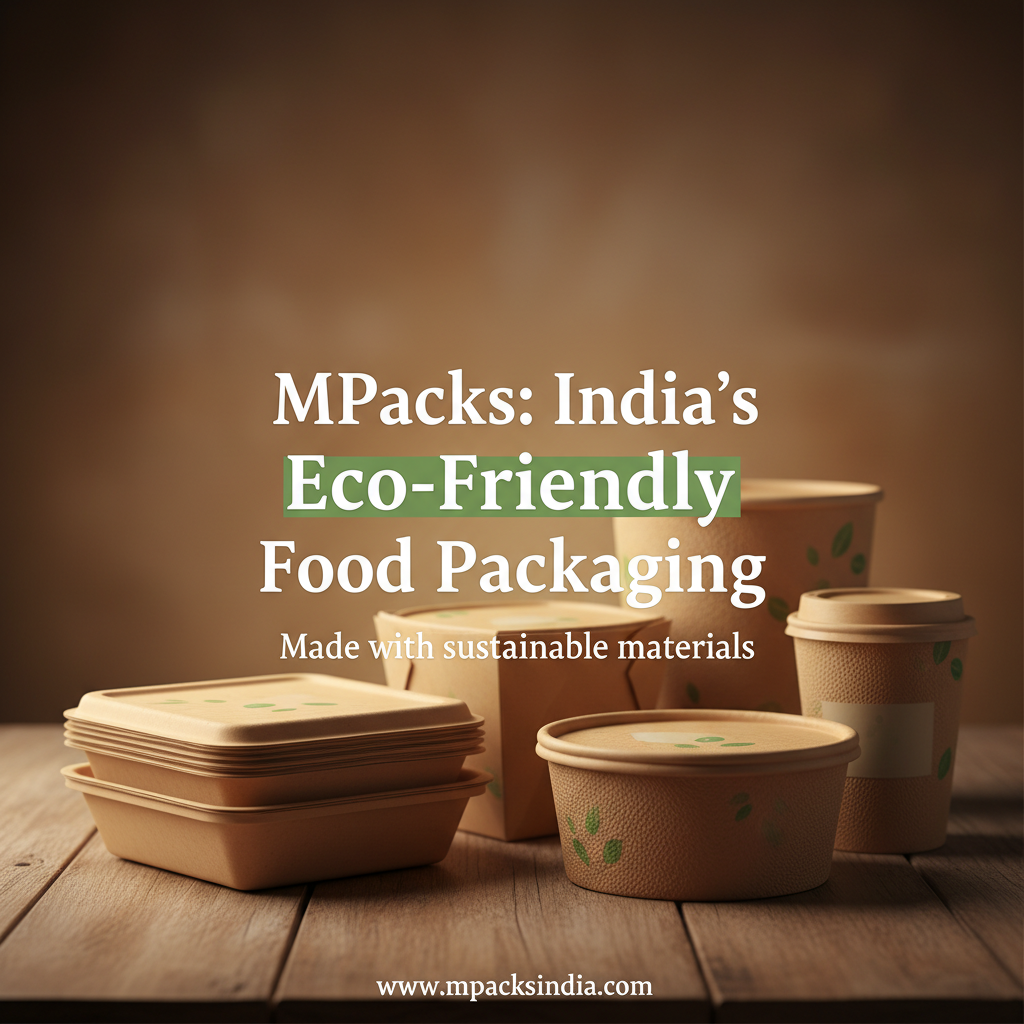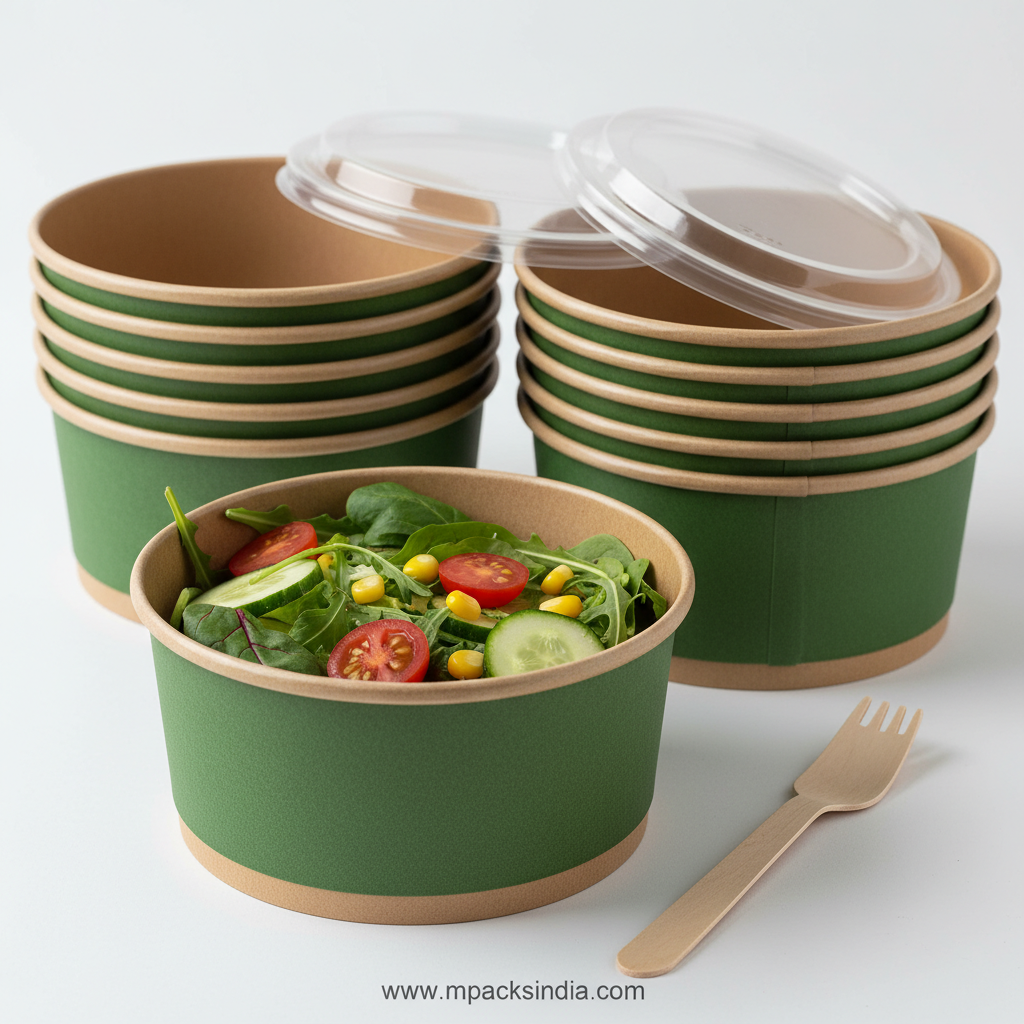Exploring the Role of Paper Food Container Manufacturers in Sustainable Packaging
In today’s eco-conscious world, businesses and consumers alike are shifting towards sustainable packaging solutions. Among the many options available, paper food containers have emerged as a top choice for the food service industry due to their biodegradability and convenience. The demand for high-quality and reliable paper food containers has driven growth and innovation among paper food container manufacturers, who play a critical role in providing safe, sustainable, and versatile options for packaging food. This article delves into the various aspects of this industry, highlighting the importance of food containers, the benefits of paper-based products, the manufacturing process, and the contribution of manufacturers to environmental responsibility and business success.
The Importance of Food Containers in Food Safety and Convenience
Food containers are fundamental to the storage and transportation of food items, especially in today’s fast-paced culture centered around takeaways and deliveries. They maintain the freshness, taste, and hygiene of food, offering convenience to consumers who seek portability and safety. Food containers come in various materials, but the shift toward sustainable resources has propelled the popularity of paper-based options.
Unlike plastic containers that contribute to pollution, paper food containers biodegrade naturally, reducing landfill waste significantly. The ability of paper containers to be designed in multiple shapes and sizes also enhances their usability for different cuisines and portion sizes. This versatility makes them an attractive choice both for food vendors and consumers.
Advantages of Paper Food Containers Over Other Materials
The benefits of paper food containers go beyond environmental considerations. They offer excellent insulation properties, keeping food hot or cold as needed. Additionally, paper containers are lightweight, easy to stack, and can be custom printed to promote brand visibility while ensuring product safety. The capacity of paper to absorb oils and moisture without compromising structural integrity further makes it a preferred option for greasy or wet food items.
Paper containers are often produced using renewable resources and can be recycled or composted in many municipal programs. This responsible lifecycle distinguishes them positively from conventional plastic or foam containers, which may persist in the environment for hundreds of years.
The Role of Paper Food Container Manufacturers in Quality and Innovation
Paper food container manufacturers have a vital role in ensuring that the containers meet food safety standards while catering to diverse industry needs. These manufacturers invest in advanced production techniques to offer containers that are durable, leak-proof, and suitable for microwave or freezer use.
Innovation also extends to sourcing eco-friendly raw materials and improving packaging designs to optimize shelf space and transportation. Manufacturers collaborate closely with restaurants, caterers, and food delivery services to provide tailored solutions that reflect the latest consumer trends and regulatory requirements.
Trends and Future Outlook in Sustainable Food Packaging
The future of food packaging leans heavily towards sustainability, with continuous enhancements in paper container technology. Manufacturers increasingly focus on minimizing carbon footprints by adopting greener manufacturing processes and integrating biodegradable coatings that improve container performance without hindering compostability.
Consumer awareness and stricter environmental regulations further motivate the shift towards paper containers, which are expected to capture a larger share of the food packaging market globally. By partnering with experienced manufacturers such as Mpacks, businesses can leverage sustainable packaging that appeals to environmentally conscious customers while enhancing brand reputation.
For businesses seeking to explore the variety of packaging solutions, internal resources such as our detailed food packaging solutions guide offer additional insights into matching packaging types with specific food product needs.
Conclusion
The growing preference for paper-based food containers is reshaping how food is packaged, transported, and consumed across the globe. Paper food container manufacturers are at the forefront of this movement, innovating and supplying containers that meet the dual demand for functionality and environmental stewardship. These containers not only preserve food quality but also provide an eco-friendly alternative that addresses the urgent need to reduce plastic waste. Businesses investing in sustainable packaging stand to benefit through improved customer loyalty, regulatory compliance, and reduced ecological impact. With increasing advancements and commitment towards sustainability, paper food containers will continue to play an indispensable role in the food industry’s packaging ecosystem.






